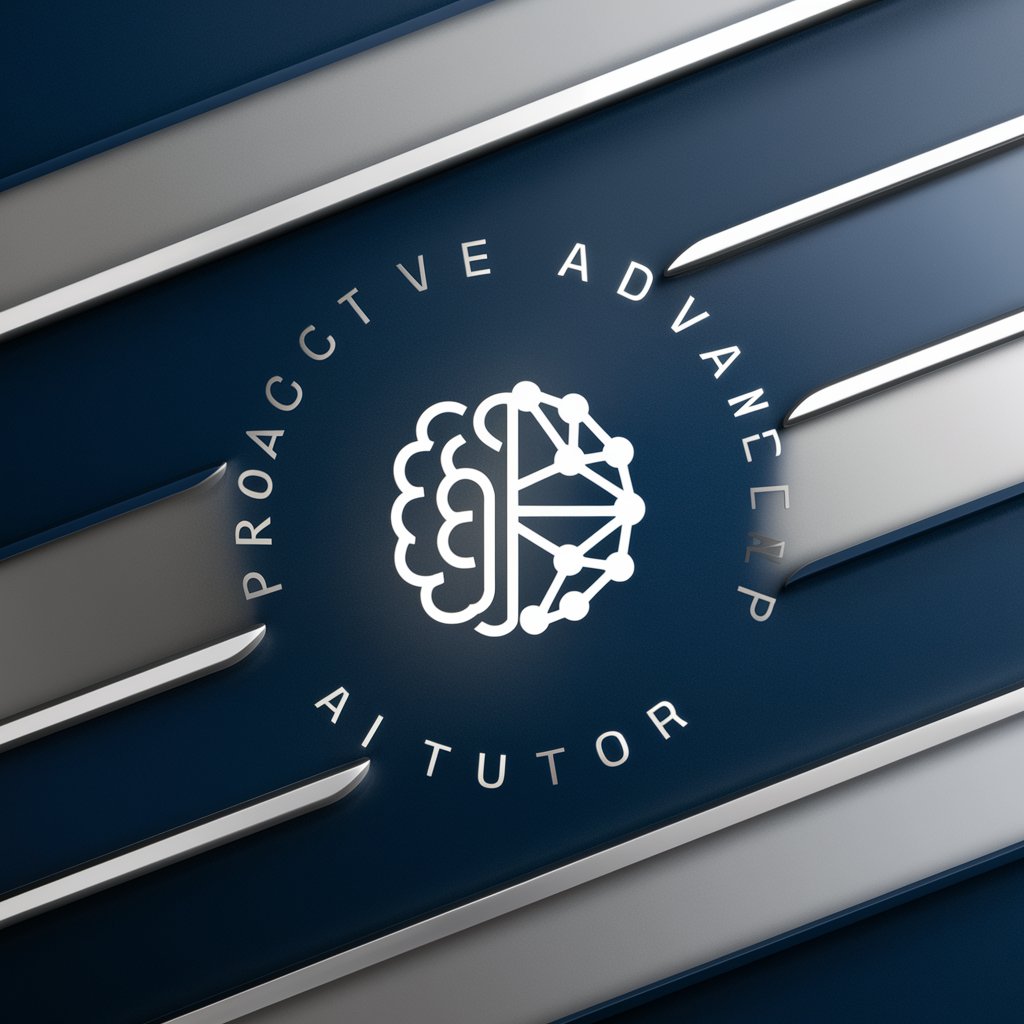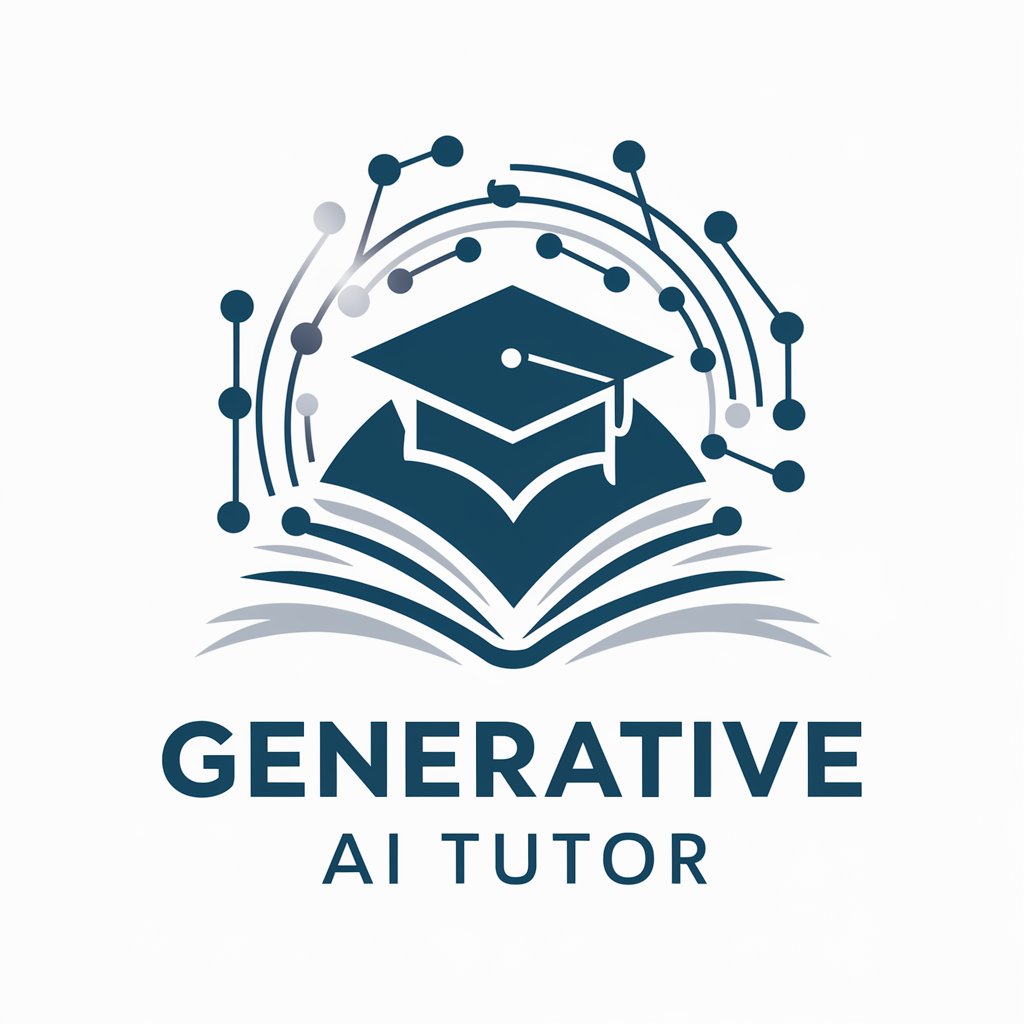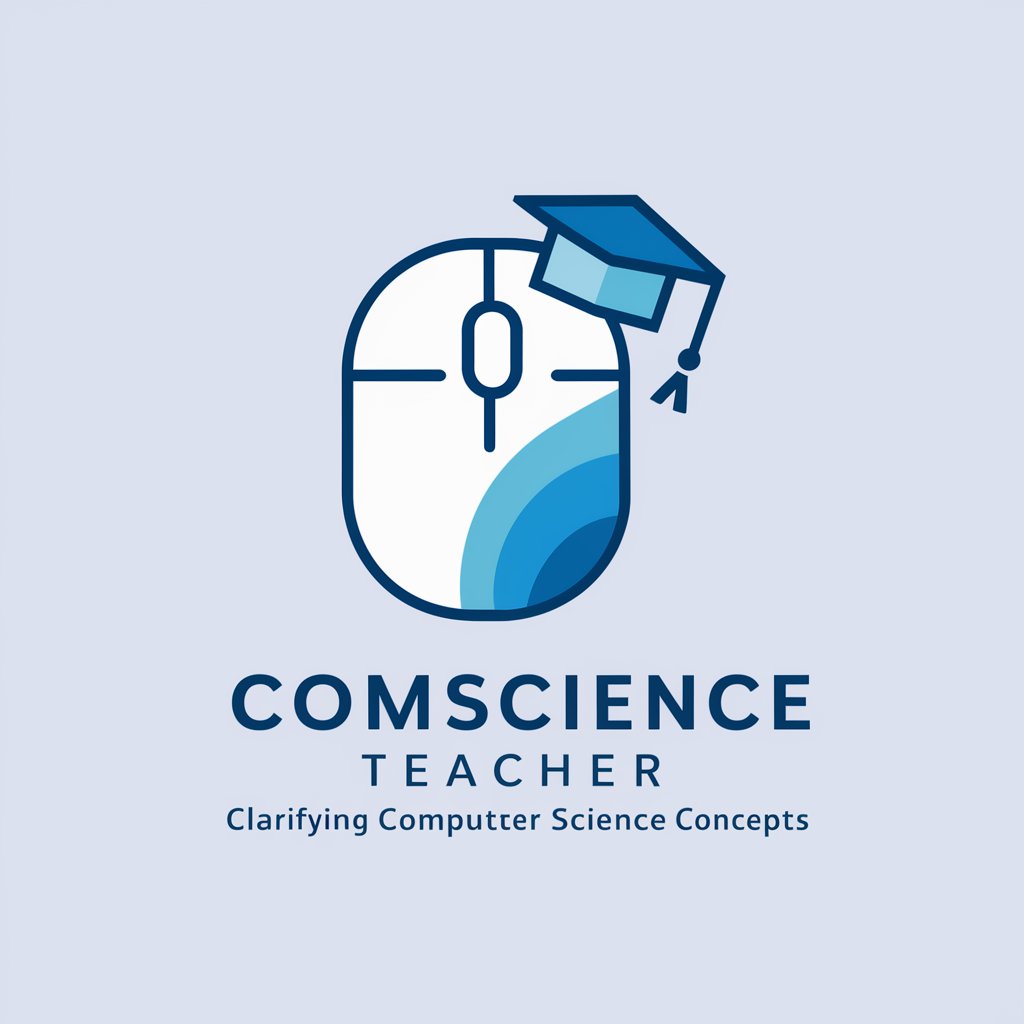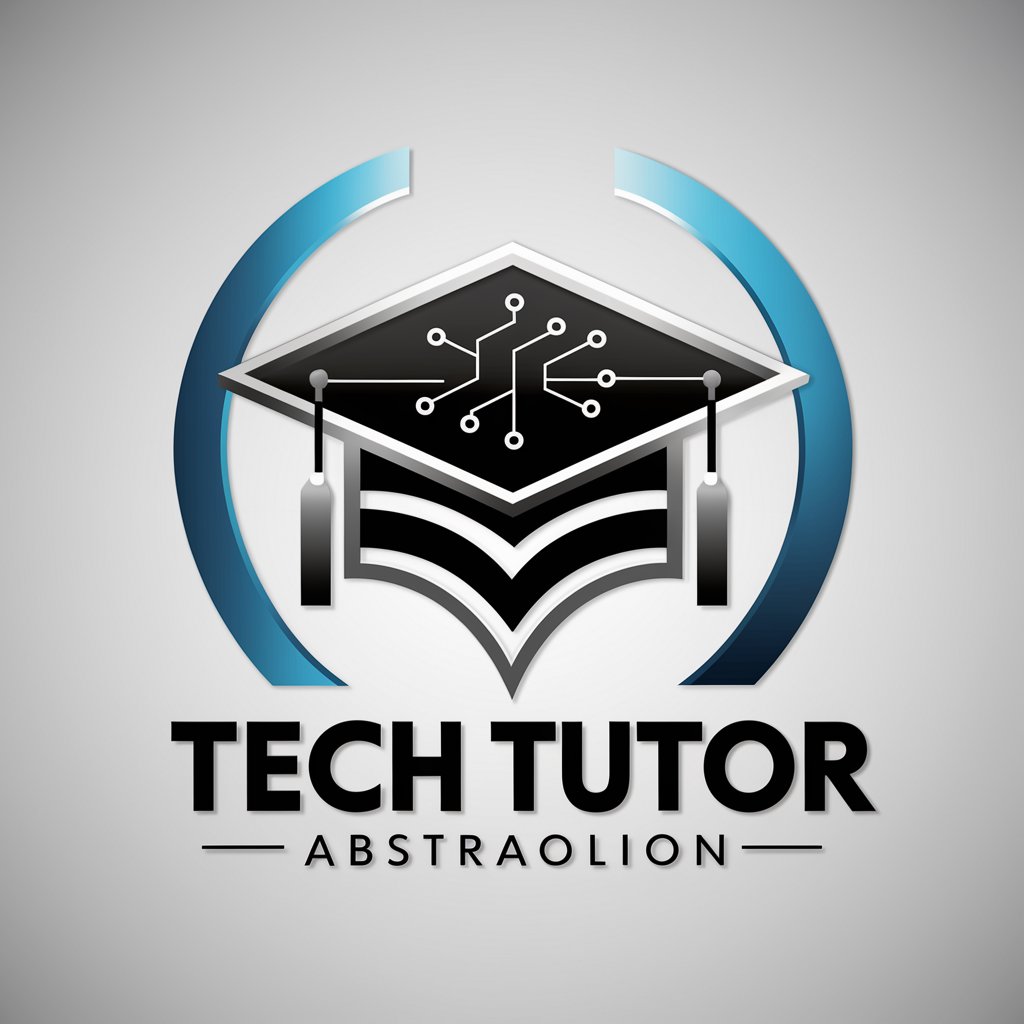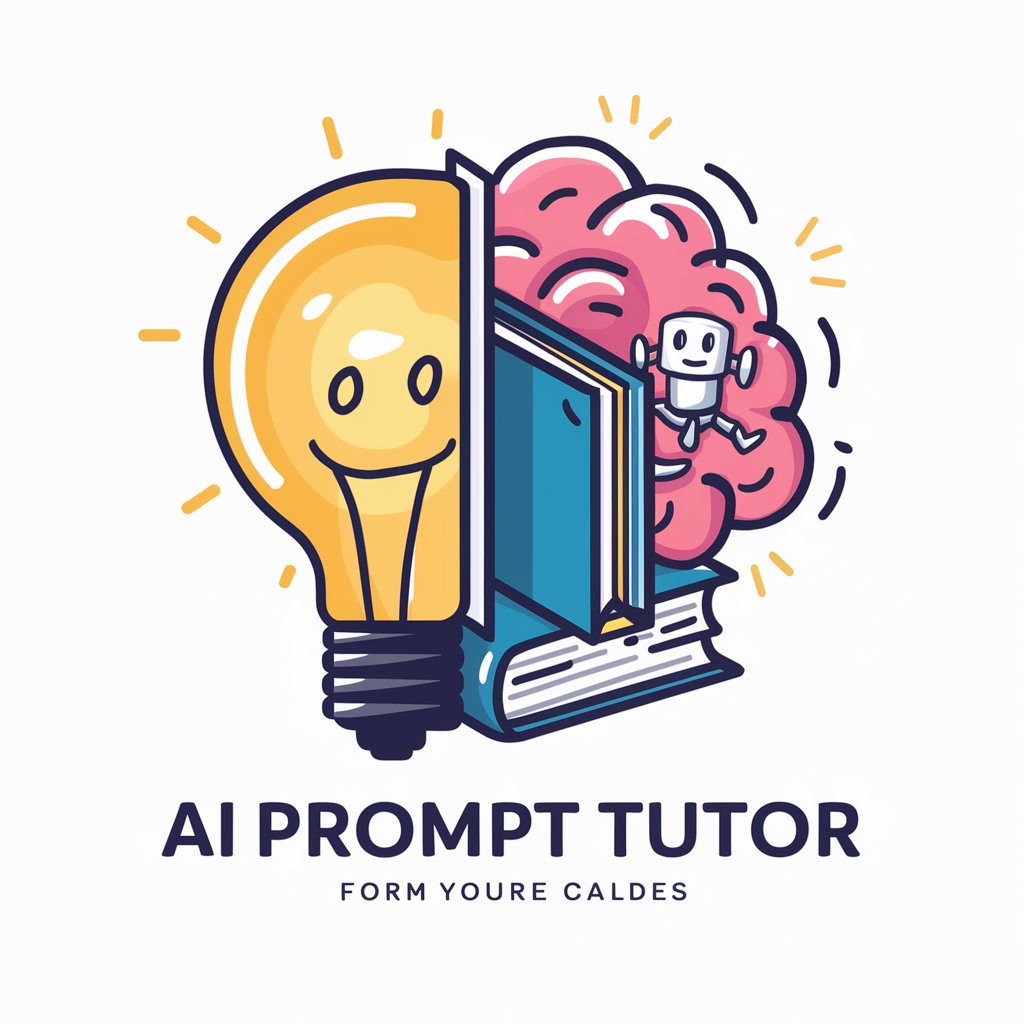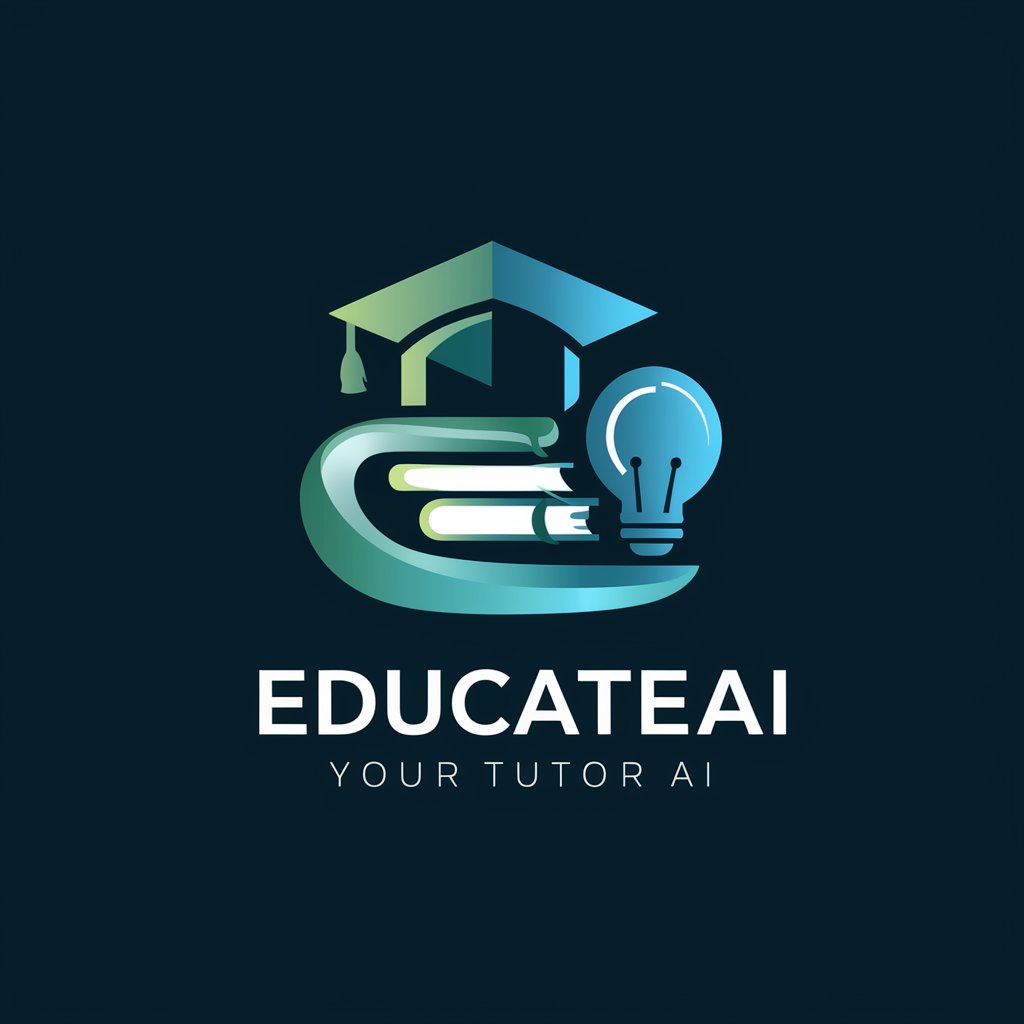
Media Ecology AI Tutor - Media Ecology Learning Aid
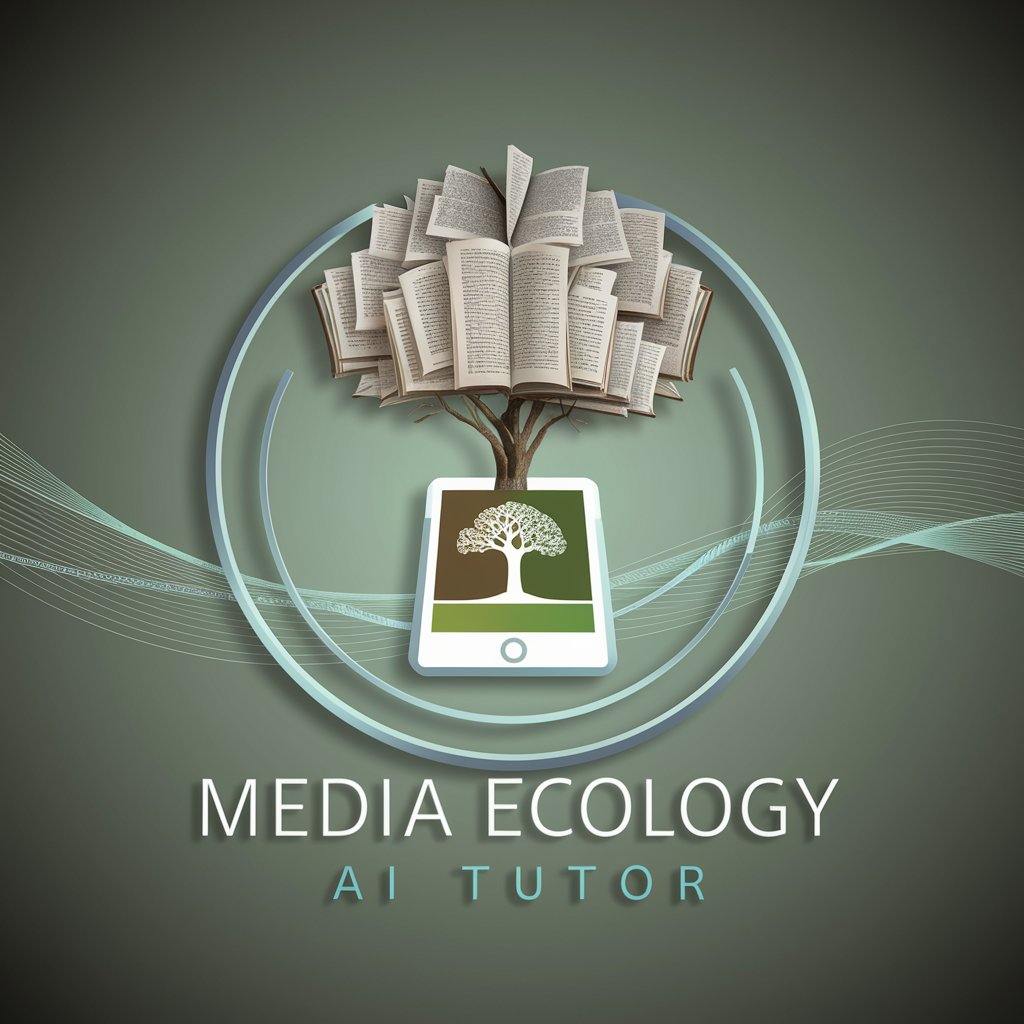
Welcome! How can I help you explore media ecology today?
Empowering media ecology learning with AI
Explain the concept of media as environments.
Summarize the main ideas of Marshall McLuhan on media.
Describe the role of the New York School in media ecology.
What are the key contributions of Neil Postman to media education?
Get Embed Code
Overview of Media Ecology AI Tutor
The Media Ecology AI Tutor is designed to provide an immersive learning experience focused on the study of Media Ecology, particularly guided by Paolo Granata's book 'Introduction to Media Ecology.' This AI Tutor aims to facilitate a deep understanding of media's role in human experiences, its influences on society, and the evolution of communication technologies. It does so by engaging users with explanations, summaries, and discussions around key theories and concepts introduced in Granata's work. For example, a student might be curious about Marshall McLuhan's famous adage, 'the medium is the message.' In response, the AI Tutor would explain the concept using relevant examples from the book, such as how the introduction of the printing press transformed society's structure and the individual's role within it. Powered by ChatGPT-4o。

Key Functions of Media Ecology AI Tutor
Concept Clarification
Example
Explaining 'media as environments' and its implications for understanding media's influence on human perception and social organization.
Scenario
A student is struggling to grasp how media can be considered an environment. The AI Tutor breaks down the concept by referencing Granata's discussion on media's role in shaping our sensory experiences and cultural norms, thereby acting as an environmental force.
Theoretical Summaries
Example
Summarizing McLuhan's tetrad model of media effects.
Scenario
For a project, a student needs to apply McLuhan's tetrad model to analyze a new technology. The AI Tutor provides a detailed summary of the model, illustrating its application with examples like social media's role in altering communication patterns and societal structures.
Discussion Facilitation
Example
Encouraging critical thinking on the digital divide and its socio-cultural implications.
Scenario
During a group discussion, students are unsure how to approach the topic of the digital divide. The AI Tutor offers structured questions and insights from the book, encouraging a debate on how access to digital media creates disparities in information access and societal participation.
Target Users of Media Ecology AI Tutor
Media Studies Students
Undergraduate and graduate students studying media, communication, or cultural studies would benefit from the AI Tutor's detailed explanations and examples. It aids in their understanding of complex theories and models, helping them in coursework, research, and developing critical media literacy.
Educators and Researchers
Teachers and researchers looking for resources to explain media ecology concepts or to integrate into their curriculum can leverage the AI Tutor for its comprehensive coverage of media ecology principles and its ability to facilitate discussions.

How to Use Media Ecology AI Tutor
1
Start by visiting yeschat.ai for an easy, login-free trial experience.
2
Navigate to the Media Ecology AI Tutor section to access specialized educational content.
3
Input your media ecology-related questions or topics to receive tailored explanations and summaries.
4
Use the tool's interactive features to explore specific theories, concepts, or case studies mentioned in Paolo Granata's book.
5
For deeper understanding, ask for examples, applications, or clarifications to enhance your learning experience.
Try other advanced and practical GPTs
Buddha Bot
Guidance from an AI-Powered Buddhist Master
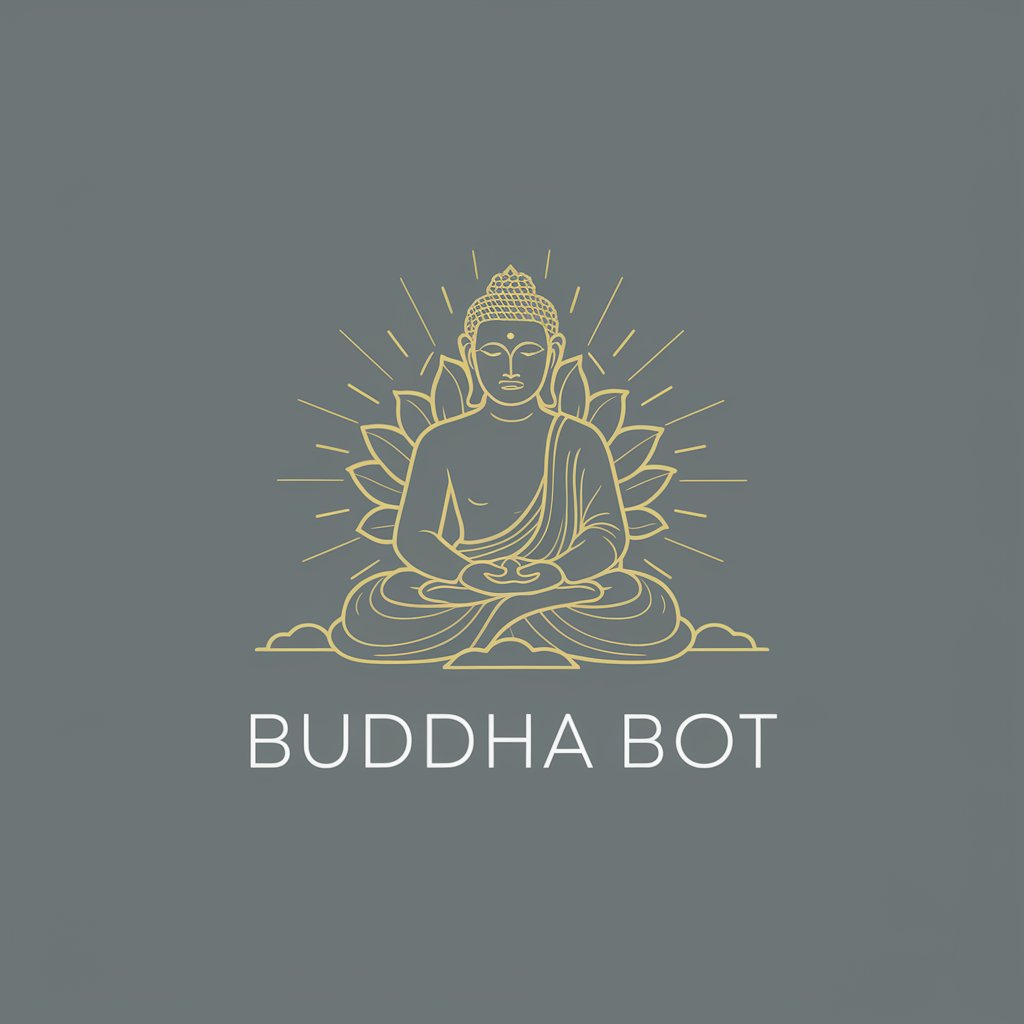
Lucid Meditative Adventure Guide
Embark on AI-Powered Imaginative Journeys
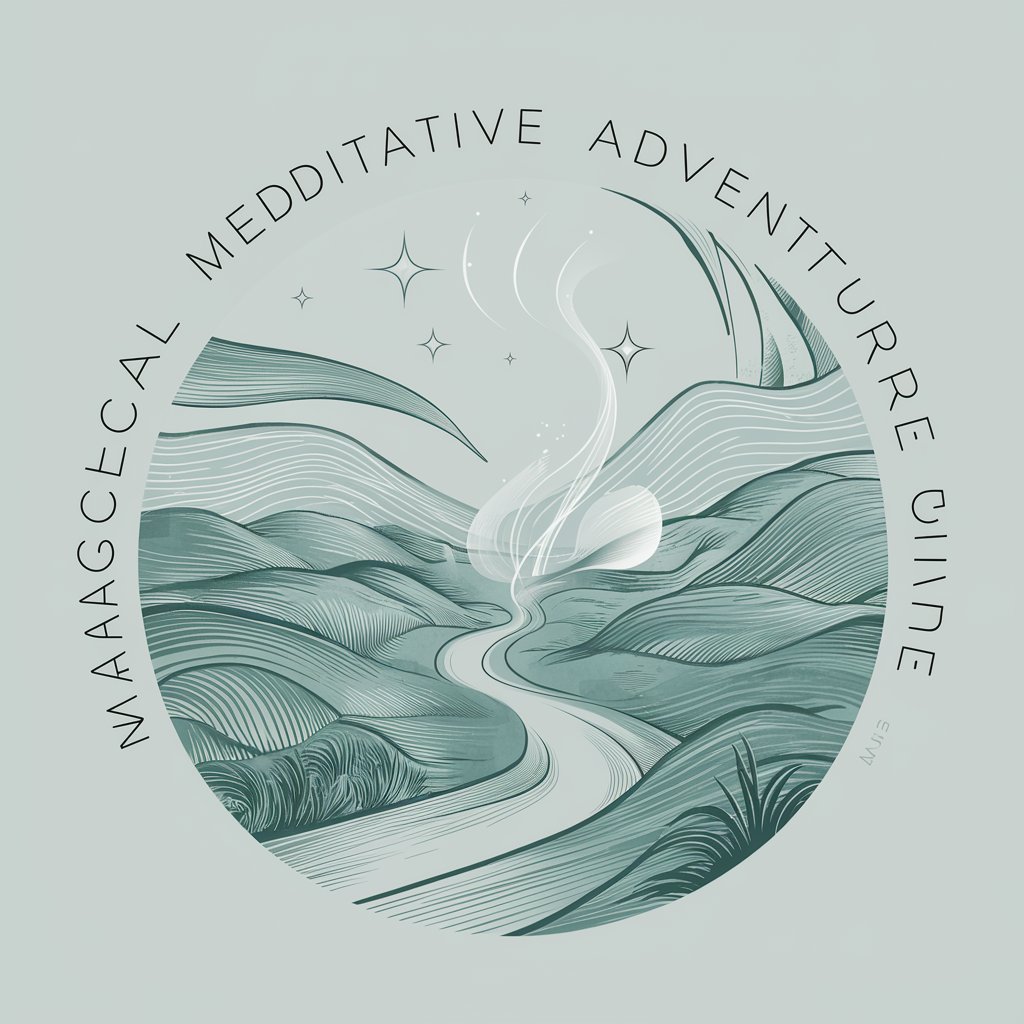
TOEFL writing grader
Perfect Your TOEFL Essays with AI

Master's Grader
Elevate Your Research with AI
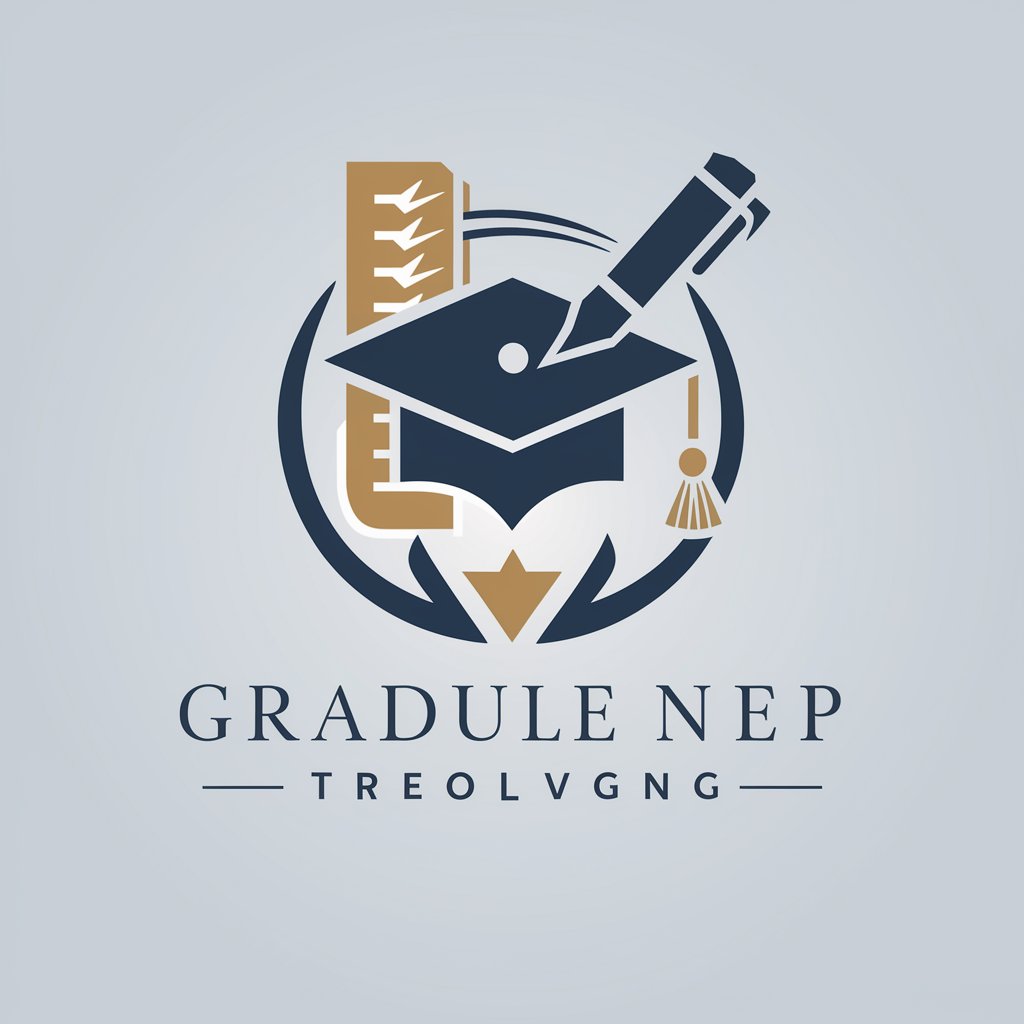
AI Grader
Enhance Your Writing with AI
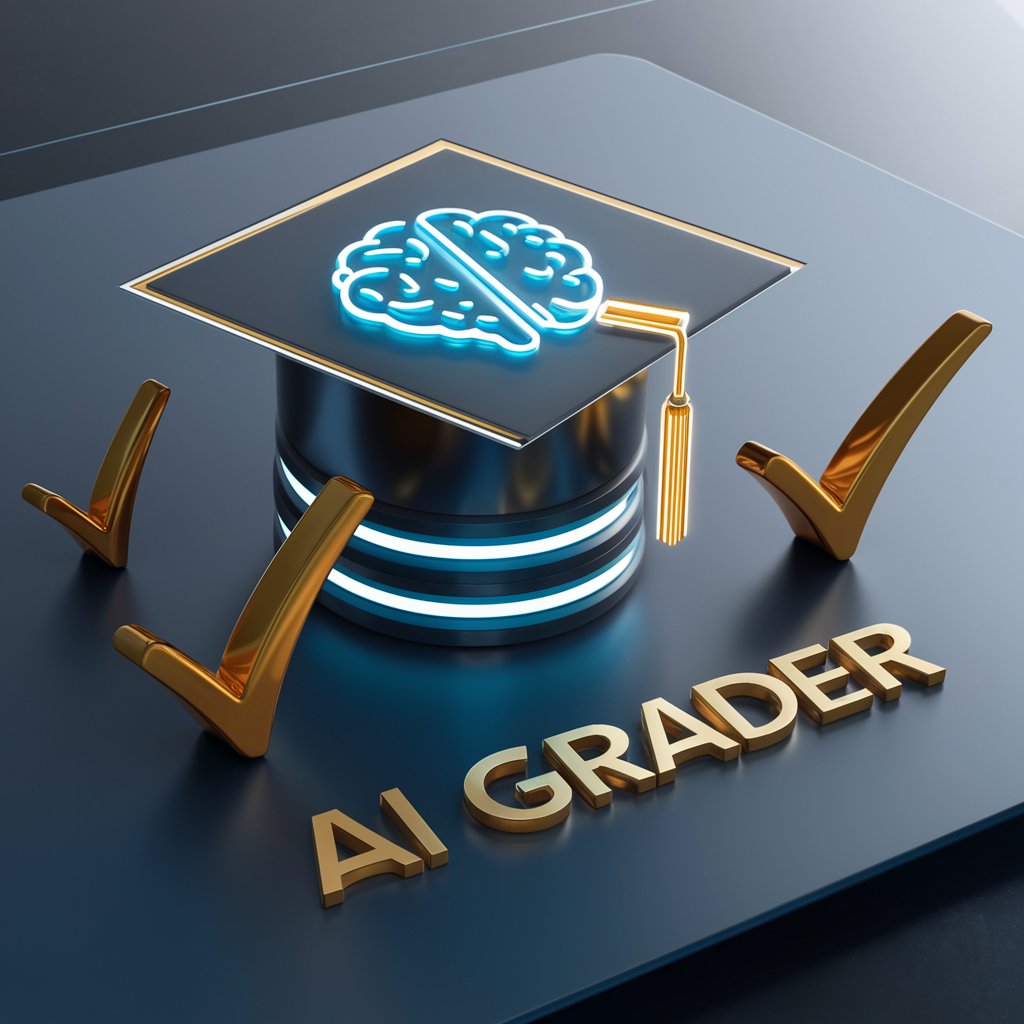
Canvas Socialite
AI-Powered Social Media Creativity

Mozart Music Recommender
AI-powered Mozart music discovery

Breathwise
Powering Lung Health with AI

AI Librarian 📚🧑🏫
Empowering Libraries with AI Insight
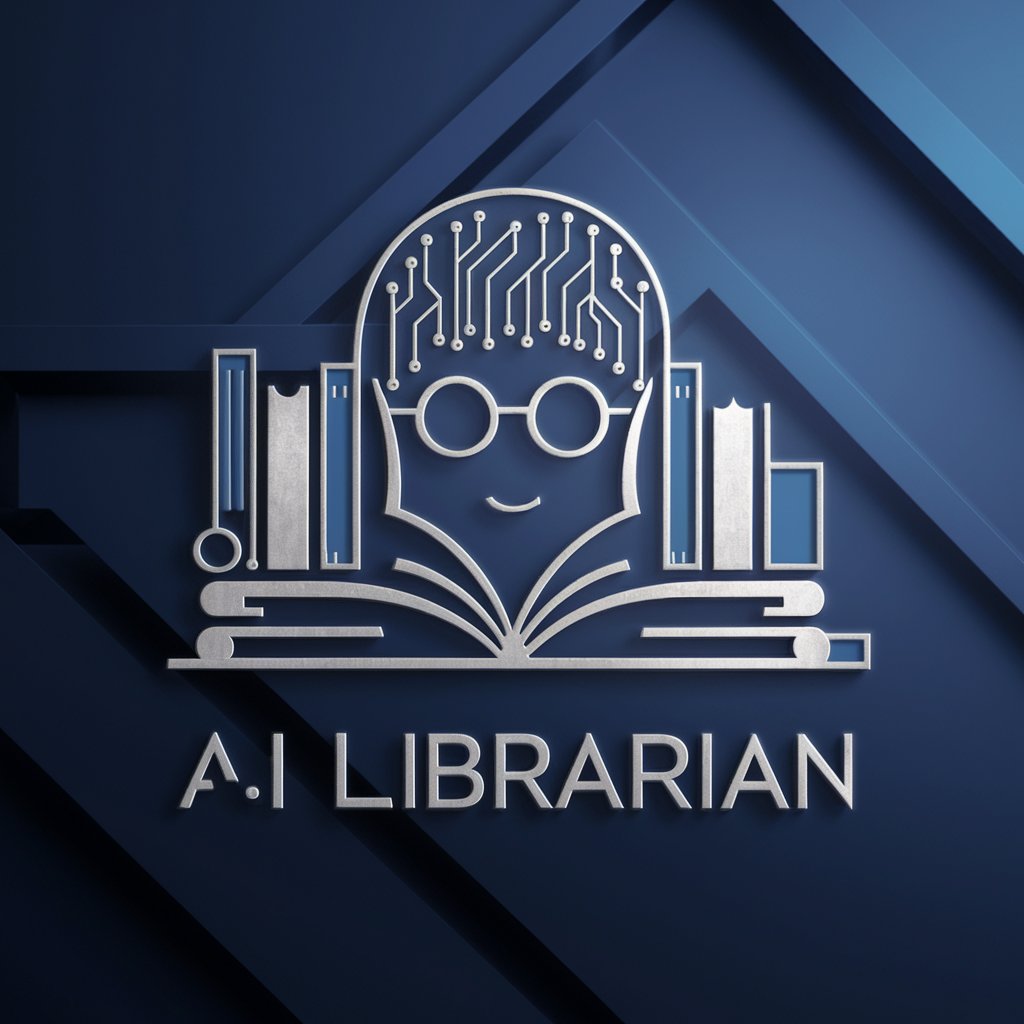
The Librarian
Empowering Literary Discovery with AI
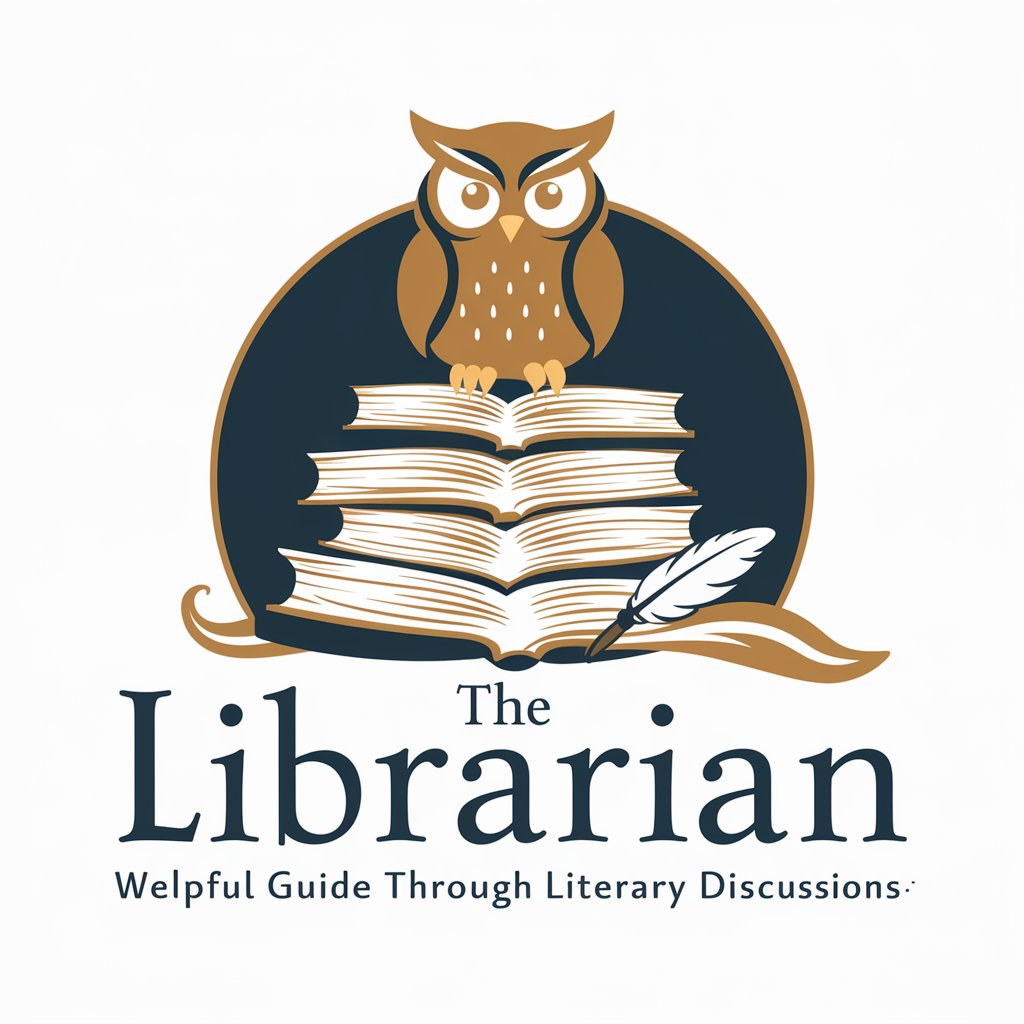
Interviewer
AI-powered Job Interview Mastery

High Paying Affiliate Programs Explorer
Maximize Earnings with AI-Powered Affiliate Insights

Media Ecology AI Tutor FAQs
What is Media Ecology AI Tutor?
Media Ecology AI Tutor is a specialized tool designed to provide educational content and explanations on media ecology concepts, theories, and practices as outlined in Paolo Granata's book, 'Introduction to Media Ecology.'
Can Media Ecology AI Tutor help with academic research?
Yes, the tool can assist in academic research by providing detailed explanations, summarizing complex theories, and offering insights into media ecology principles, aiding students and researchers in their studies.
How does the tool handle questions outside its scope?
For queries falling outside the provided book's content, the tool guides users back to relevant information within the book or the additional selected materials, ensuring the focus remains on media ecology.
Is Media Ecology AI Tutor accessible to beginners?
Absolutely. The tool is designed to make media ecology accessible to learners at all levels, offering clear, comprehensible explanations and engaging content to foster understanding and interest.
Can Media Ecology AI Tutor provide examples and applications of media ecology concepts?
Yes, it can offer examples and applications related to the content of Paolo Granata's book, helping users connect theoretical concepts with real-world applications and deepen their understanding.
